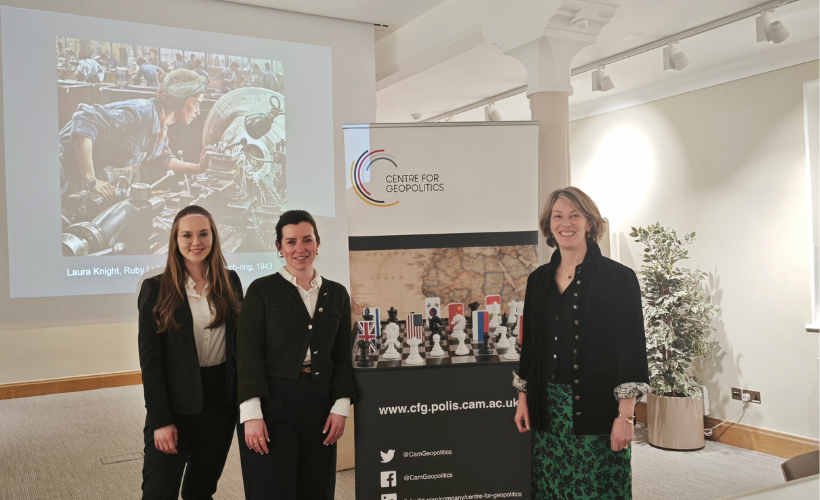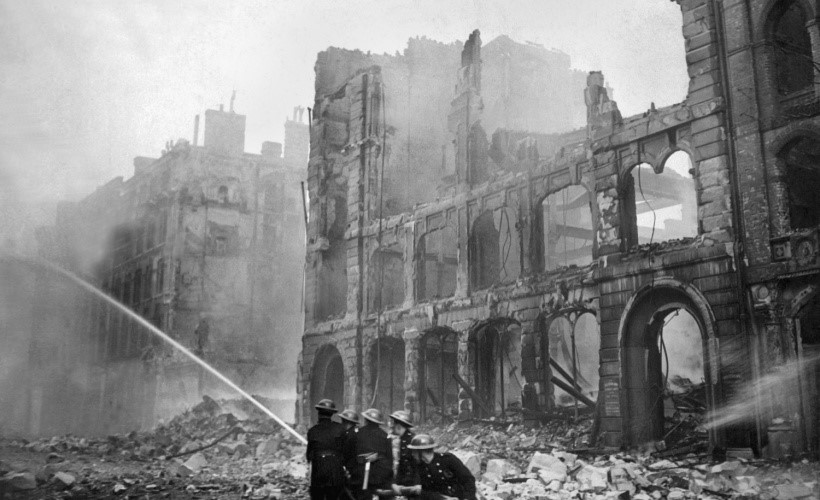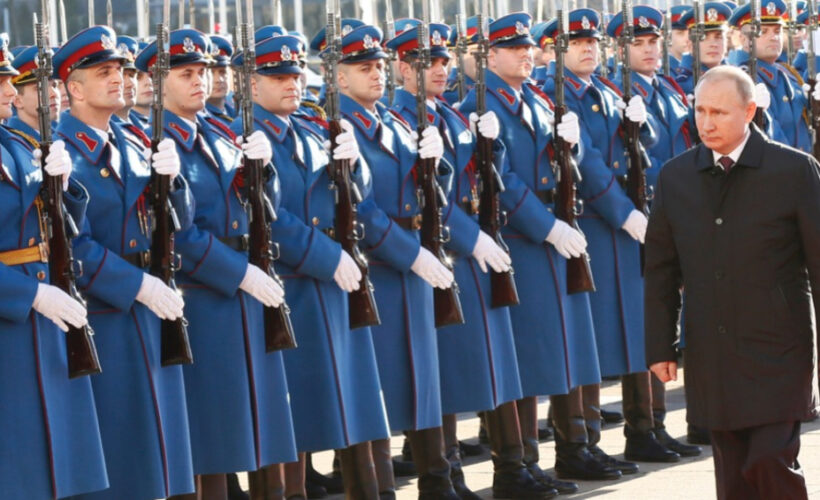By Suzanne Raine, Affiliated Lecturer
The US election exposed deep political divisions which had been long in the making. The UK is still polarised politically over Brexit and Scottish independence. The same phenomenon is repeating across Europe, sometimes defined as ‘nationalism’, ‘separatism’, or ‘extremism’. Radical political movements have always existed and often depend on the existence of the ‘other’ to recruit and motivate their membership. Parts of the Middle East, Africa and South Asia are enmired in instability and violence, but in the US, UK and Europe too there has been an increase in the number of political movements for whom violence and intimidation is an acceptable tactic. This has come close to posing a threat to stability and democracy particularly but not exclusively in the US. Many of the arguments which feed the polarisation start from a sense of being on the losing side of history.
Although each country and situation is unique, what is striking is the similarity in means and effect with which the argument is stoked. The internet is now the common factor, and has sped up and expanded the reach of the radicalising message (which is not to say the same didn’t happen before through other methods). Extremist political groups, particularly driven by manipulated “truths” and conspiracy theories, have adopted wholesale the online tactics, and sometimes even part of the messages, used by Islamist terrorist groups. Al Qaeda worked out how to reach into people’s bedrooms and minds with a clear and simple narrative of victimhood and action. Their English-language online “Inspire” magazine published from 2010 onwards was credited with the creation of the “Just Do it” lone actor terrorism; Daesh’s “Dabiq” magazine combined a positive compelling vision for the future while appealing to its supporters to defend its cause and subvert the West. Their objective was through division to create chaos.
The Centre for Geopolitics will soon be launching its own podcast channel (Cambridge Geopolitics Conversations) to explore some of the world’s most pressing geopolitical challenges, in conversation with policymakers, practitioners and academics. We will start with three series on the “Geopolitics in Finance”, “Resistance, Radicalisation and Religion” and ““Responsibility to Protect”. Each will examine its topic through history and in different geographical contexts by drawing out common themes. Resistance, Radicalisation and Religion will ask questions like: What does it feel like to be on the losing side? Do people ever change their minds? What role does defeat play in the self-image and propaganda of movements? How often is a response to defeat simply to give up, or is it more likely to make people fight harder? What role does belief – religious or otherwise – play in motivating or enabling people to rebel and resist? Is religion exploited? Can radicalisation be reversed? There are no easy answers but we intend the conversations to offer some new perspectives on the problems we are facing now.







